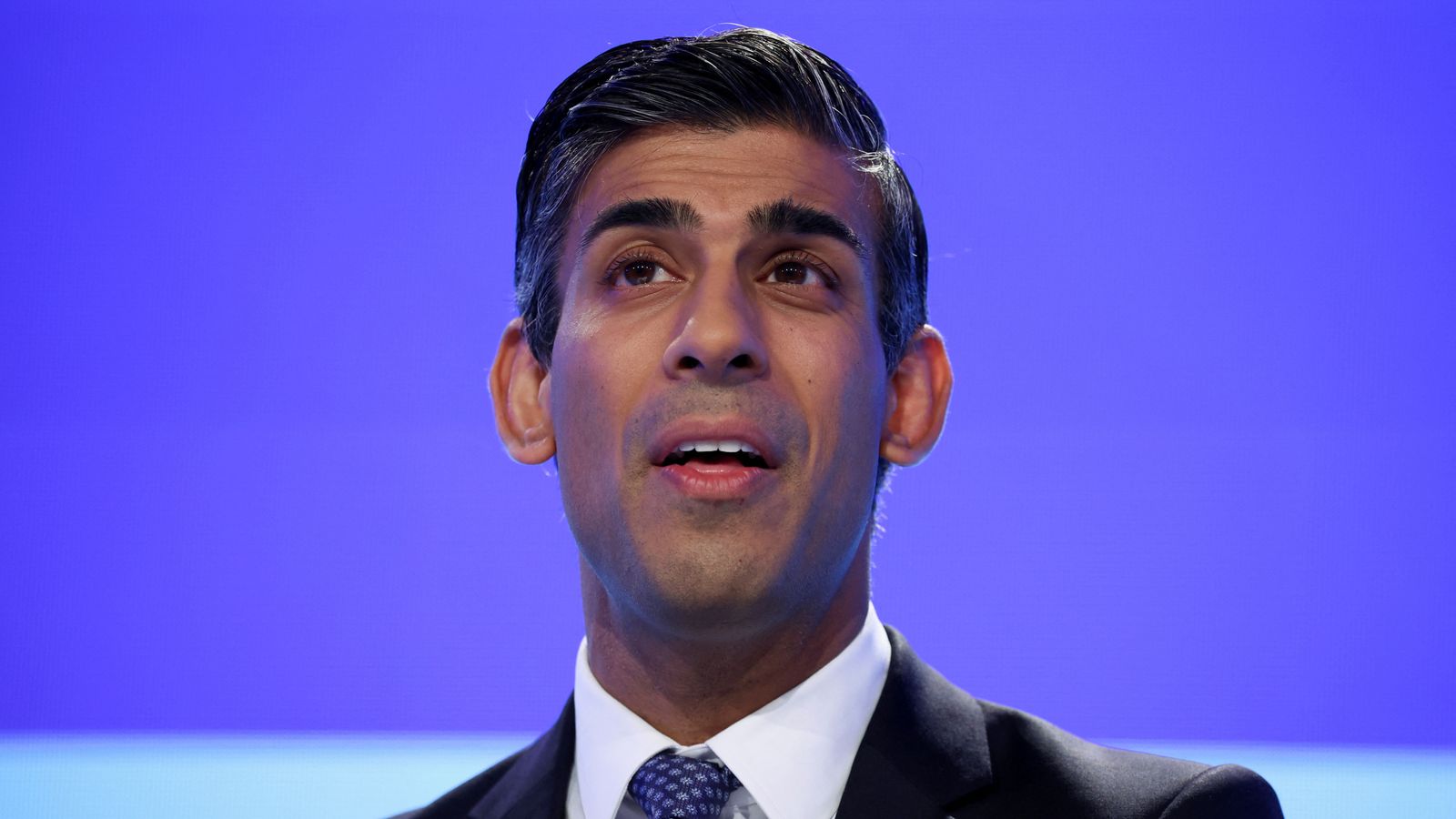
The Ether futures premium remains negative, while options markets are pricing similar risks for bulls and bears.
Traders’ sentiment about Ether (ETH) has noticeably improved as the price rallied 7.5% from Oct. 2 to 6, but the price recapturing the $1,350 level was not compelling enough to trigger any bullish activity from derivatives traders.
Ether price is still 32% below the $2,000 level last seen on Aug. 14 and the network’s average transaction fee stood near $2 after the Merge.
The most significant upgrade on the Ethereum chain happened on Sept. 15, switching from energy-intensive mining technology to a set of validators required to deposit 32 ETH in staking.
Although necessary to implement future sharding or parallel processing capability, the Merge was not designed to solve scalability issues in the current phase. Consequently, the Ethereum network holds none of the top-5 decentralized applications by users, according to DappRadar.
For this reason, analysis of derivatives data is valuable in understanding how confident investors are on Ether sustaining the rally and heading toward $1,500 or higher.
Post-Merge sentiment remains neutral-to-bearish
Retail traders usually avoid quarterly futures due to their price difference from spot markets, but they are professional traders’ preferred instruments because they prevent the perpetual fluctuation of contracts’ funding rates.
In neutral-to-bullish markets, these fixed-month contracts usually trade at a slight premium to spot markets because investors demand more money to withhold the settlement. This situation is not exclusive to crypto, and futures contracts should trade at a 4% to 8% annualized premium in healthy markets.

The Ether futures premium has been negative since the Merge on Sep. 15, indicating excessive demand for bearish bets, an alarming situation known as “backwardation.”
To exclude externalities specific to the futures instrument, traders must also analyze the Ether options markets. The 25% delta skew shows when market makers and arbitrage desks are overcharging for upside or downside protection.
In bullish markets, options investors give higher odds for a price pump, causing the skew indicator to fall below -12%. On the other hand, the market’s generalized panic induces a 12% or higher positive skew.

The 30-day delta skew stood above the 12% threshold until Oct. 3, indicating traders’ unwillingness to take downside risks using ETH options. However, the sentiment quickly changed to a neutral level on Oct. 4 as market makers and arbitrage desks have since started to price similar odds of a price hike or downturn for ETH.
Related: Report, on-chain data points to crypto consolidation in Q3
A rally toward $1,500 is not expected, but is possible
Derivatives metrics suggest that pro traders are not confident in Ether testing the $1,500 resistance anytime soon. Futures contracts have been trading lower than spot market prices, indicating a lack of interest in leverage longs (buyers). Meanwhile, Ether option traders continue to price similar bull and bear cases, showing little conviction on the recent 7.5% price gains.
There are $7.7 billion in Ether contracts futures open interest, and judging by the prevalence of bearish bets, a surprise rally could potentially cause a massive short squeeze.
While leverage offers a great way to increase exposure and gains, an unexpected price swing could lead to forced liquidations which further strengthen the price move.
Ether bulls might have difficulty gaining terrain because macroeconomic and regulatory uncertainties dictate the trend. With that said, a surprise 10% pump toward $1,500 would take bears by surprise and trigger liquidations on short positions.
The views and opinions expressed here are solely those of the author and do not necessarily reflect the views of Cointelegraph.com. Every investment and trading move involves risk, you should conduct your own research when making a decision.







